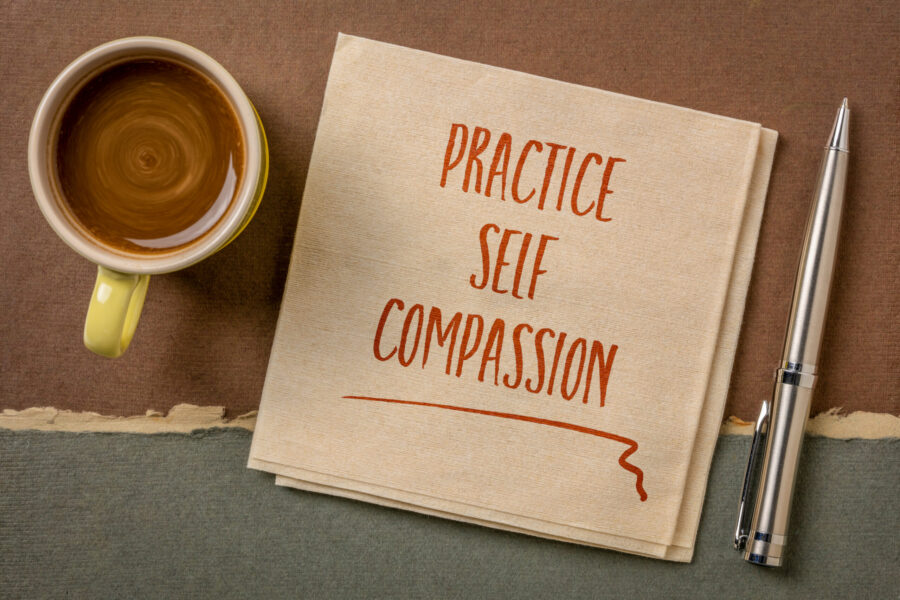The Power of Self-Compassion
Title: The Power of Self-Compassion: How Being Kind to Yourself Can Improve Mental Health
Introduction:
The world often emphasizes achievement and perfection. It’s easy to be hard on ourselves when we fall short of expectations. Yet, being self-compassionate offers a powerful antidote to self-criticism. It also counters the negative self-talk that can harm mental well-being. In this blog, we explore the transformative effects of self-compassion on mental health.
Understanding Self-Compassion:
Self-compassion involves treating oneself with kindness, care, and understanding. It’s the same treatment one would offer to a close friend in times of struggle. It has three key elements. Psychologist Kristin Neff studies self-compassion. She defines it as self-kindness, common humanity, and mindfulness. Self-kindness involves responding to oneself with warmth and understanding rather than harsh self-judgment. Common humanity suggests that all people know that suffering and imperfection are part of the human experience. They create a sense of connection, not isolation. Mindfulness involves acknowledging and accepting one’s thoughts and feelings without judgment or avoidance.
The Benefits of Self-Compassion:
Research has shown that being self-compassionate can significantly impact mental health and well-being. Self-compassion reduces anxiety, depression and stress by fostering a sense of acceptance. It makes people more resilient in the face of adversity. It helps them to bounce back from setbacks and challenges more quickly. Self-compassionate individuals are also more motivated to pursue personal growth and self-improvement. They are not paralyzed by fear of failure or self-criticism. Moreover, self-compassion promotes healthier relationships. People who are kinder to themselves are better able to offer empathy and support to others.
Practical Strategies for Cultivating Self-Compassion:
You can build self-compassion through practice. Here are some practical strategies to cultivate self-compassion:
Compassion meditation: Try mindful self-compassion meditation. It involves guided practices. They focus on being kind and compassionate to oneself. Step 1: Place your hand over heart. Step 2: Reflect on the common humanity of suffering. No human being goes through life without struggle. Step 3: Take several mindful breathes and slow things down.
Compassionate journaling: Write down moments of self-doubt or criticism. Then, respond to them with kindness and understanding as you would to a friend.
Self-Care Rituals: Focus on activities that nurture your physical, emotional, and spiritual well-being. This could include taking a bath, going for a walk in nature, or practicing a hobby you enjoy.
Affirmations: Repeat positive affirmations to yourself. They can be self-compassionate statements, such as “I am worthy of love and acceptance just as I am.””
Use compassionate self-talk. Notice when you’re self-critical. Gently redirect your thoughts with kind words and encouragement.
Closing Thoughts: Self-compassion is not about self-indulgence or letting oneself off the hook. It’s about recognizing our shared humanity and embracing our imperfections. It’s about treating ourselves with the kindness and understanding we’d offer to others. By cultivating self-compassion, we can transform our relationship with ourselves,. We can foster resilience, well-being, and a deeper sense of connection with others. So, let’s embark on this journey of self-compassion, one kind and gentle step at a time.

